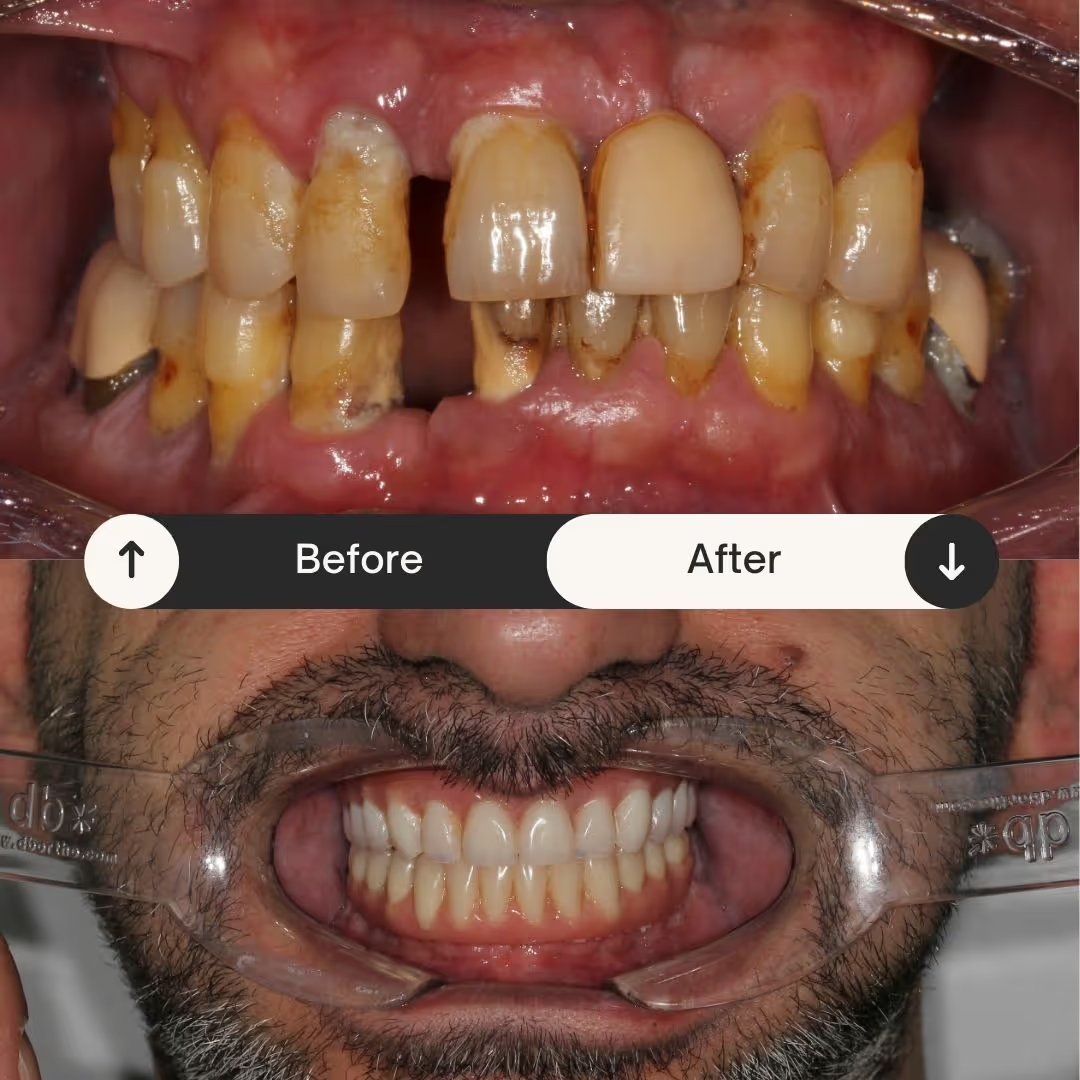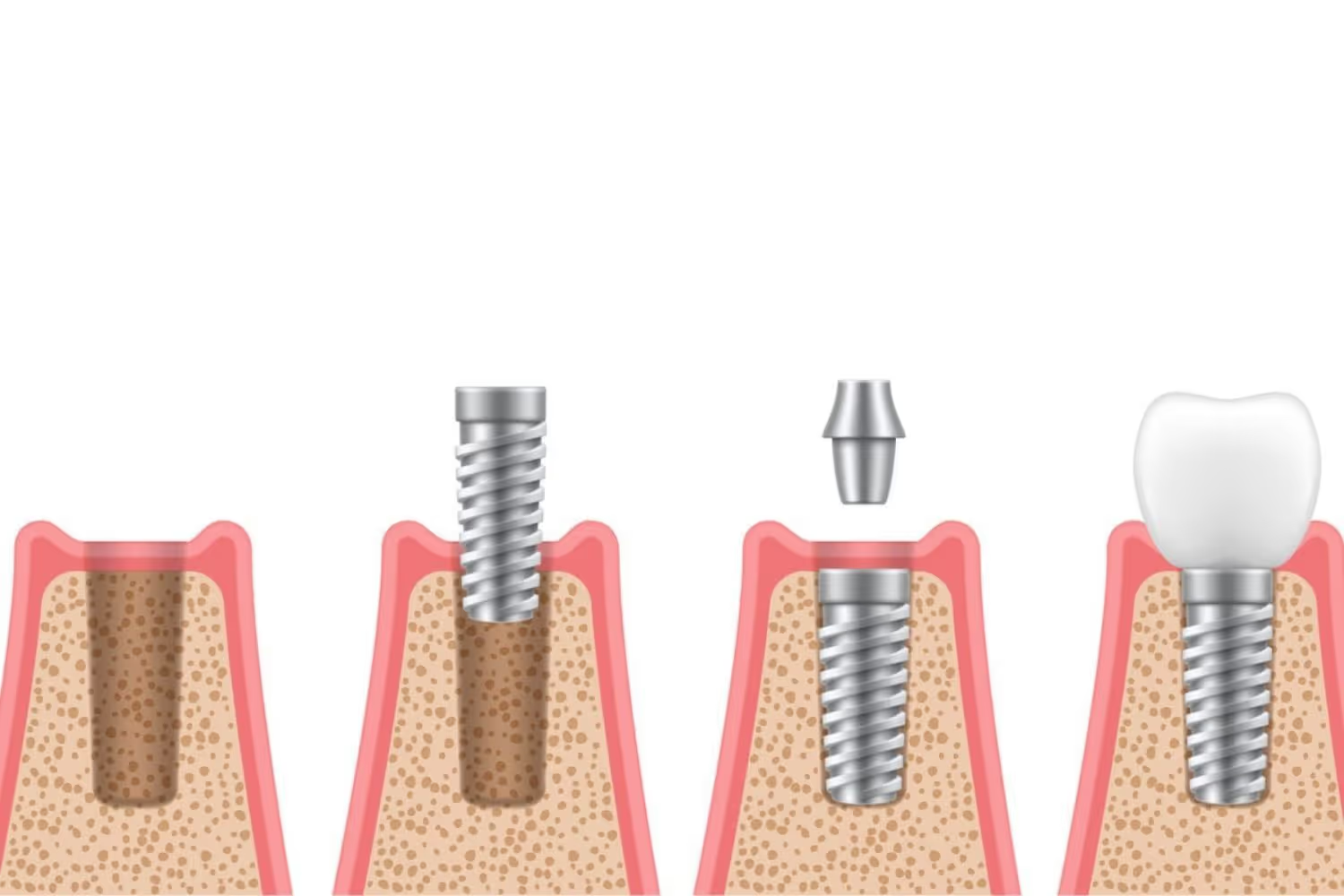

September 18, 2025
Dental implants are the best tooth replacement solution, no doubt, but not everyone is immediately a suitable candidate, especially if they've had missing teeth for a while.But that doesn't mean you can never have dental implants—with Dr Pedro Gutierres, anything is possible. It does mean that you might have to undergo additional procedures to ensure your mouth is healthy and stable enough to support the artificial, titanium tooth root.

You'll typically be immediately suitable and ready for implantation if:
Patients suffering from the following problems might not typically be immediately suitable for dental implants and may need to undergo pre-treatment or require further evaluation:

How we'll essentially turn the "no" into a "yes":

Dental implants are placed directly into the jawbone, so there needs to be a significant volume for them to bond to.Dental implants are designed to mimic natural tooth roots. Without a sufficient amount of bone volume to fuse with over time through osseointegration, patients won't have long-term, secure and stable dental implants.For example, placing dental implants without enough bone in the jaw to support them will cause them to be wobbly, loose, and fail over time.Osseointegration is where the bone in the jaw fuses and grows around the implant—it is by far the most critical part of the entire process.
How we tell if you need a bone graft.
Don't lose faith if a CBCT scan reveals that you don't have enough bone in the jaw to support dental implants immediately. It's not the end of the line.You'll likely require a pre-implant procedure called a bone graft to build up the bone, which is the first step in becoming a suitable candidate. But don't let this put you off, either.Bone graft procedures are no more serious than a dental implant surgery. While it might be a bit annoying to undergo an extra step, which comes at an additional cost, it will mean you can receive implants and ensure they're stable enough to last up to 30 years.Explore the procedure and costs of bone grafts.